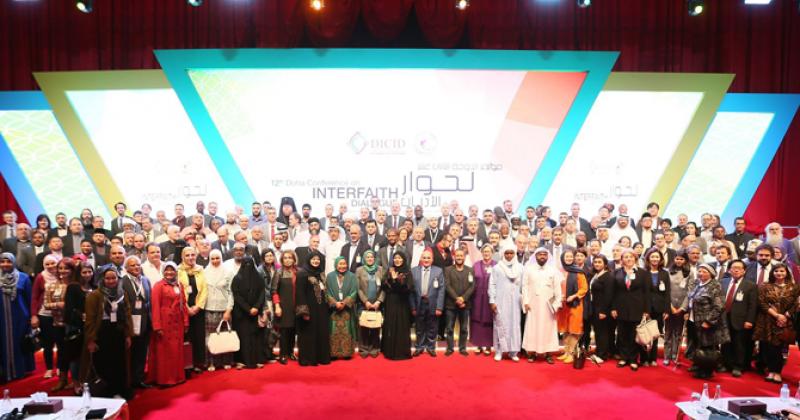All these declarations, namely the Istanbul Declaration (2011) which was designed to combat religious intolerance, the Morocco Declaration (2016), and the Doha Declaration (2016) aim at attaining two main targets. The first one is to exonerate Islam of the lurking misconceptions in light of what terrorist groups and organizations commit in the name of religion and the Almighty God; and the second one is to call for instilling mutual respect among the followers of religions. To be fair, the Doha Declaration did not refer to the declaration issued by Al-Quds Center for Political Studies which followed a series of conferences and dialogues on “the Christians and the Arab Spring” which was titled “The Amman Declaration… a Roadmap for a Better Future for the Christians of the Middle East.”
As for the Morocco Declaration, it called for the need to have social bases that set the groundwork for fairness with religious minorities (though I have reservations on using the term ‘minorities’) in Muslim societies and for disseminating awareness about their rights. It also called for considering the “Medina newspaper” as an initial reference that guarantees the rights of minorities.
What are the novel ideas contained in the Doha Declaration which have been released a few days ago?
The declaration came on the heels of a series of deliberations, attended by hundreds of lecturers, through five plenary sessions and nine specialized sessions which handled, “Spiritual and Intellectual Safety in the Light of Religious Doctrines".
In the final statement, the participants called for convening an international conference to address all forms and of contempt and insult aimed at the sacred religious symbols of all religions. They also denounced all discourses that disseminate hatred and racial discrimination leading to violence. They also called for cooperation, or rather partnership, among local and international organizations concerned with interfaith dialogue. We have several institutions, yet coordination—or rather joint work—is rather nonexistent. What is required at this time is to exit the state of isolation, of confinement, and of the spirit of competiveness to the vast spirit of complementarities which would crystallize a unified plan of action for initiating institutional and partnership work with friendly institutions in the world.
The aforementioned statements jointly make exigent calls to “amend educational curricula”. This demand is no longer a luxury. It is rather an essential issue in order to produce generations that enjoy sound thinking and learn to know others, respect them, cooperate with them and jointly consider “the affairs of the universe, the environment, peace and justice,” from a positive perspective based on equality and genuine citizenship.”
On the sidelines of the conference, appreciation awards were presented to individuals and institutions efficiently active in the field of interfaith dialogue. It is regrettable that no awards were presented either for the Arab world or the Middle East, since political concern has become a basic issue while the joint work of the religions has become banal as it concentrates on reactions rather than on activities. Based on the declaration, some 99 active institutions requested nomination for the award, which reflects abounding interest in interfaith affairs. Yet, this has so far failed to activate or reinforce joint action and cooperation among institutions.
Cardinal Jean-Louis Pierre Tauran, president of the Pontifical Council for Interreligious Dialogue, took part in the conference despite suffering from sickness related to Parkinson disease. Yet, he enriched the conference by delivering two speeches at the opening and the closing sessions. Cardinal Turan, who devoted more than 50 years of his work in the field of dialogue and rapprochement among the followers of religions, said: "The world population comprises of believers and citizens. They are not mere citizens or rather believers." In an expression on the need to preserve the values of citizenship for all the religious components, he said: "The world will not be destroyed by those who do evil, but by those who watch them without doing anything." Finally, Turan said: "We should launch our dialogue as believers. Furthermore, every endeavor of ours should be inspired by love and truth, or by truth with love, because God is at the same time love and truth."
